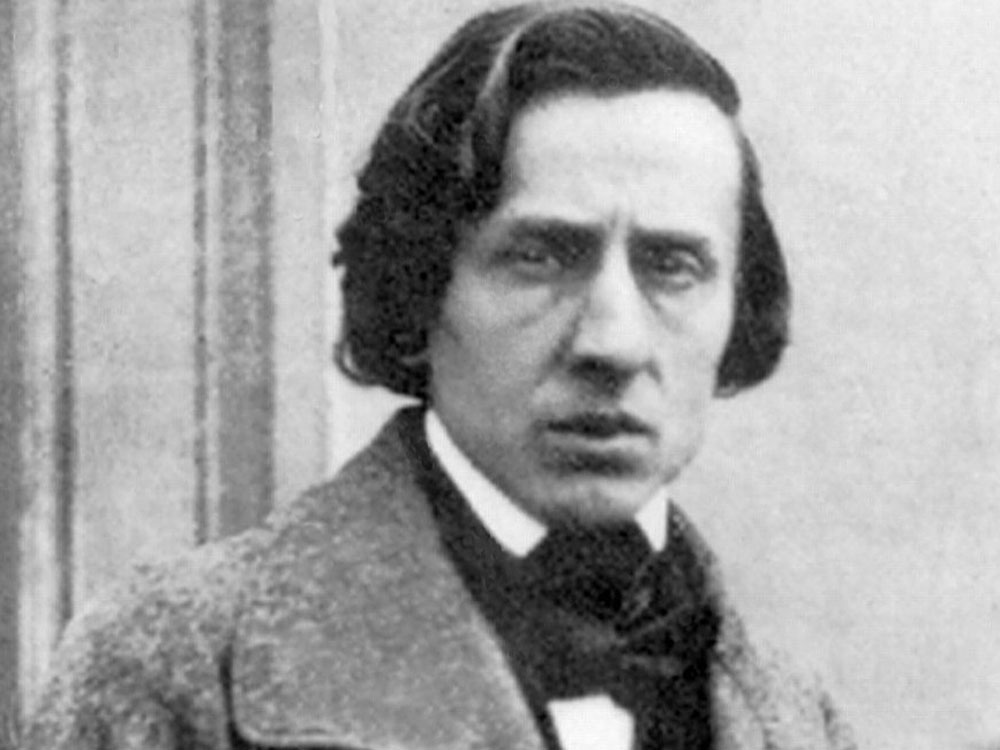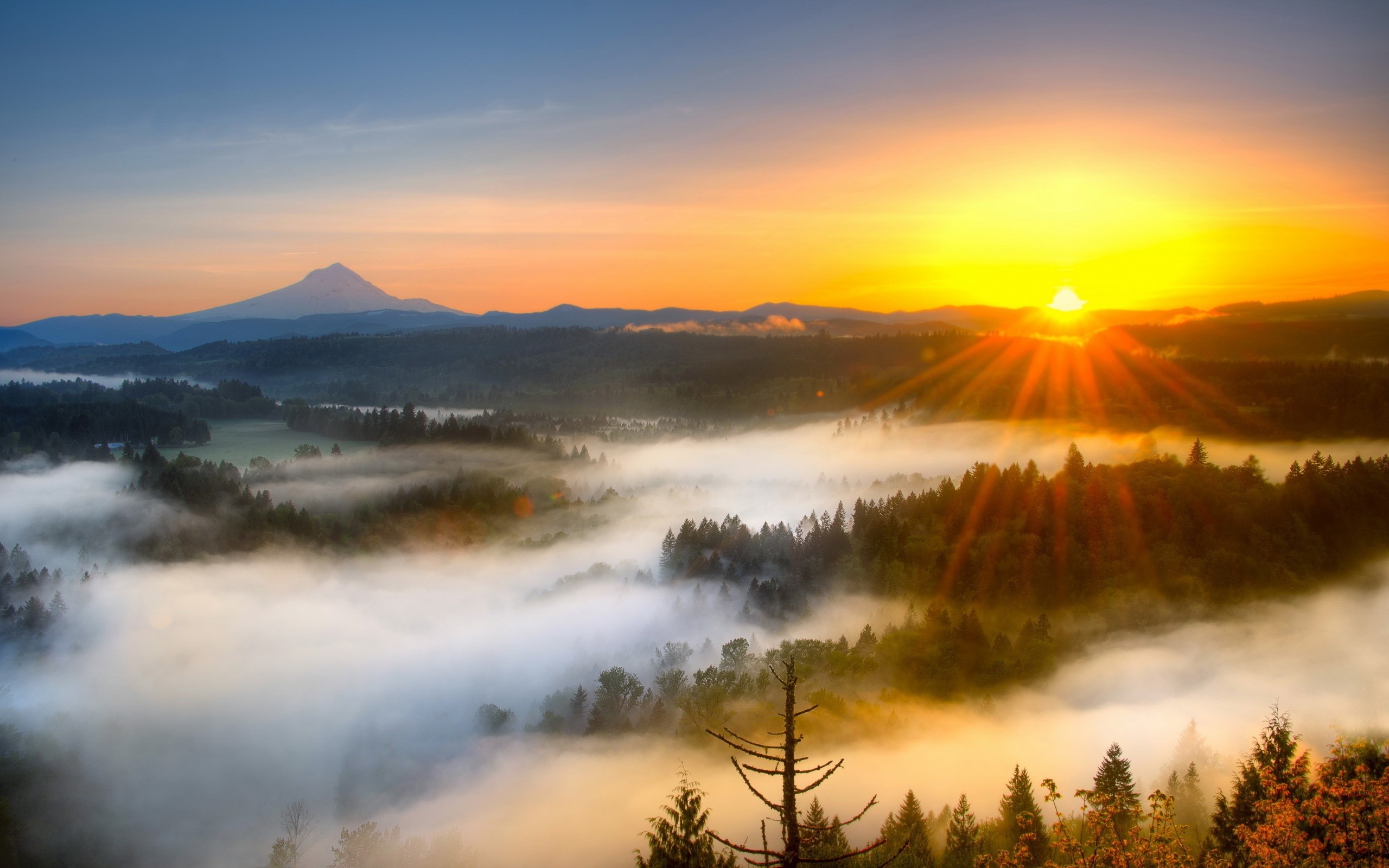When Less is More
The best conductors know when to get out of the way. They have an intuitive sense for those rare moments when the music is cooking along on its own and they allow it to blossom. Expressive power grows from economy. The big gesture means more when it’s reserved for the right moment. On one level, conducting involves a mysterious “give and take” between the ensemble and the person on the podium. In physics …



